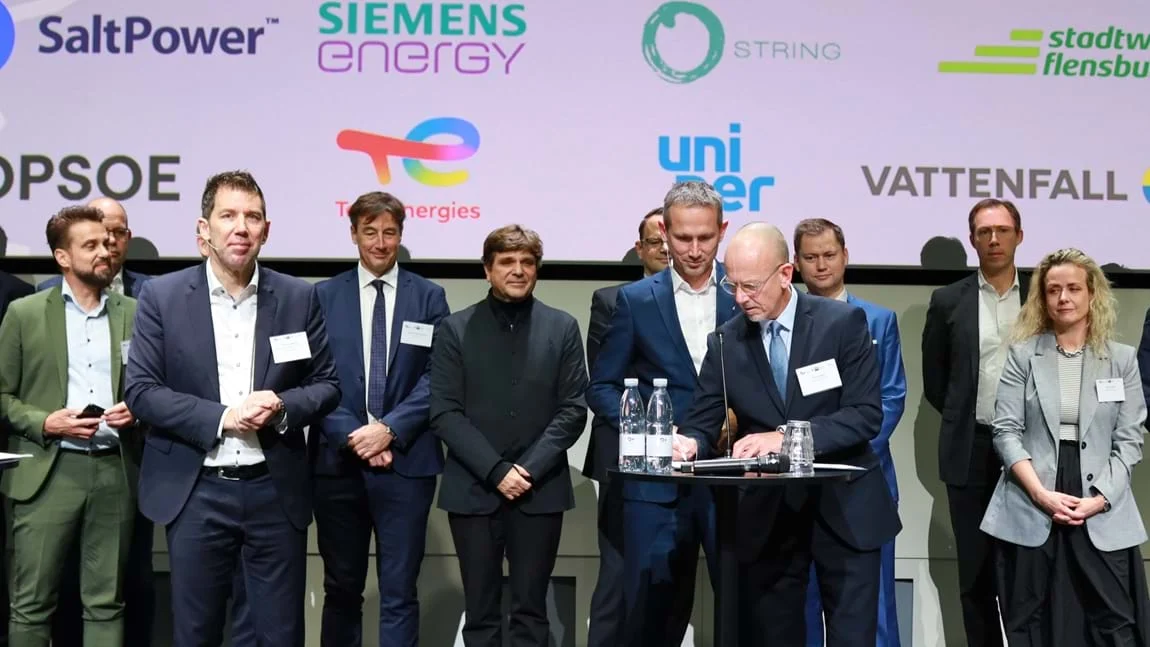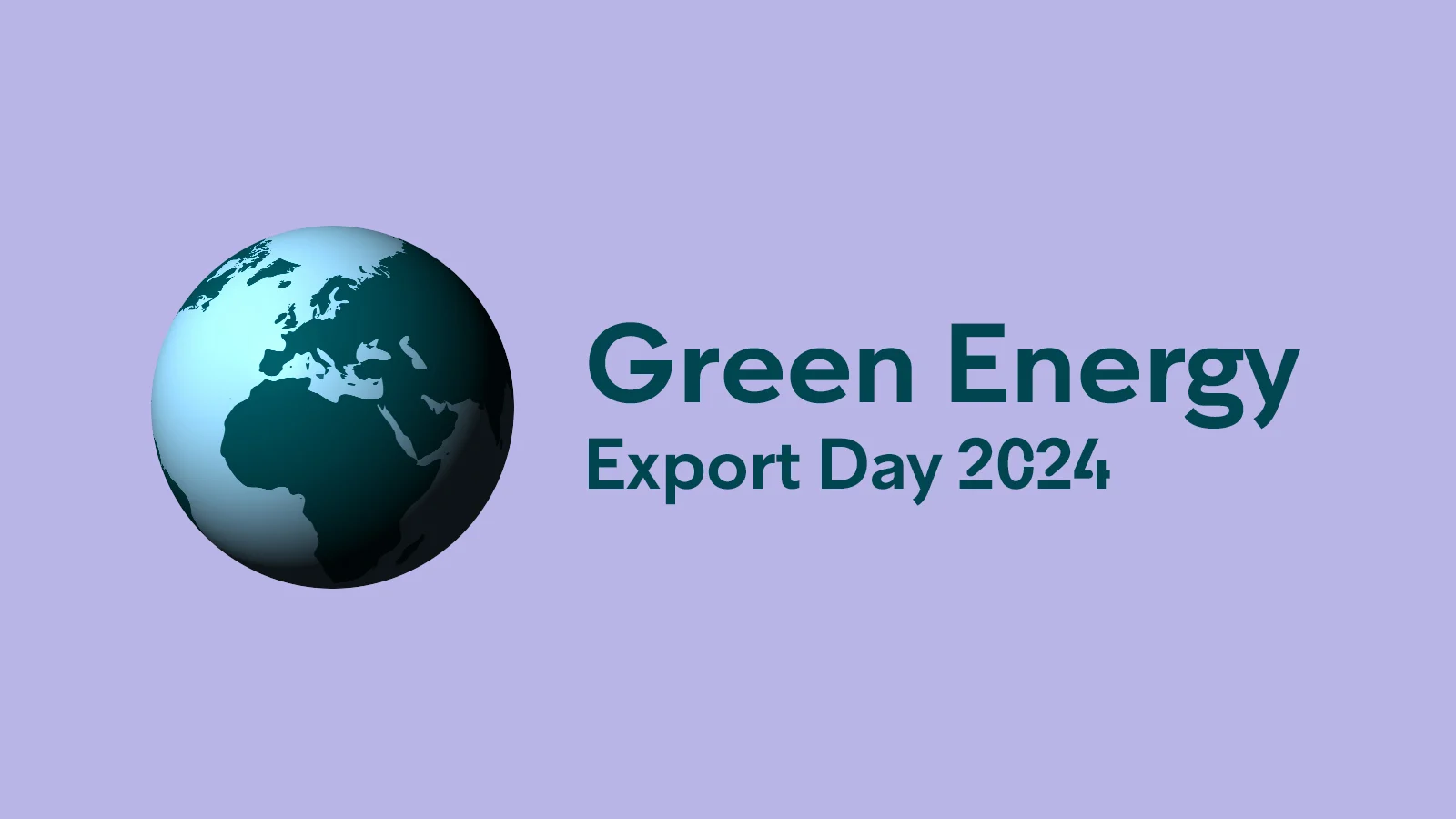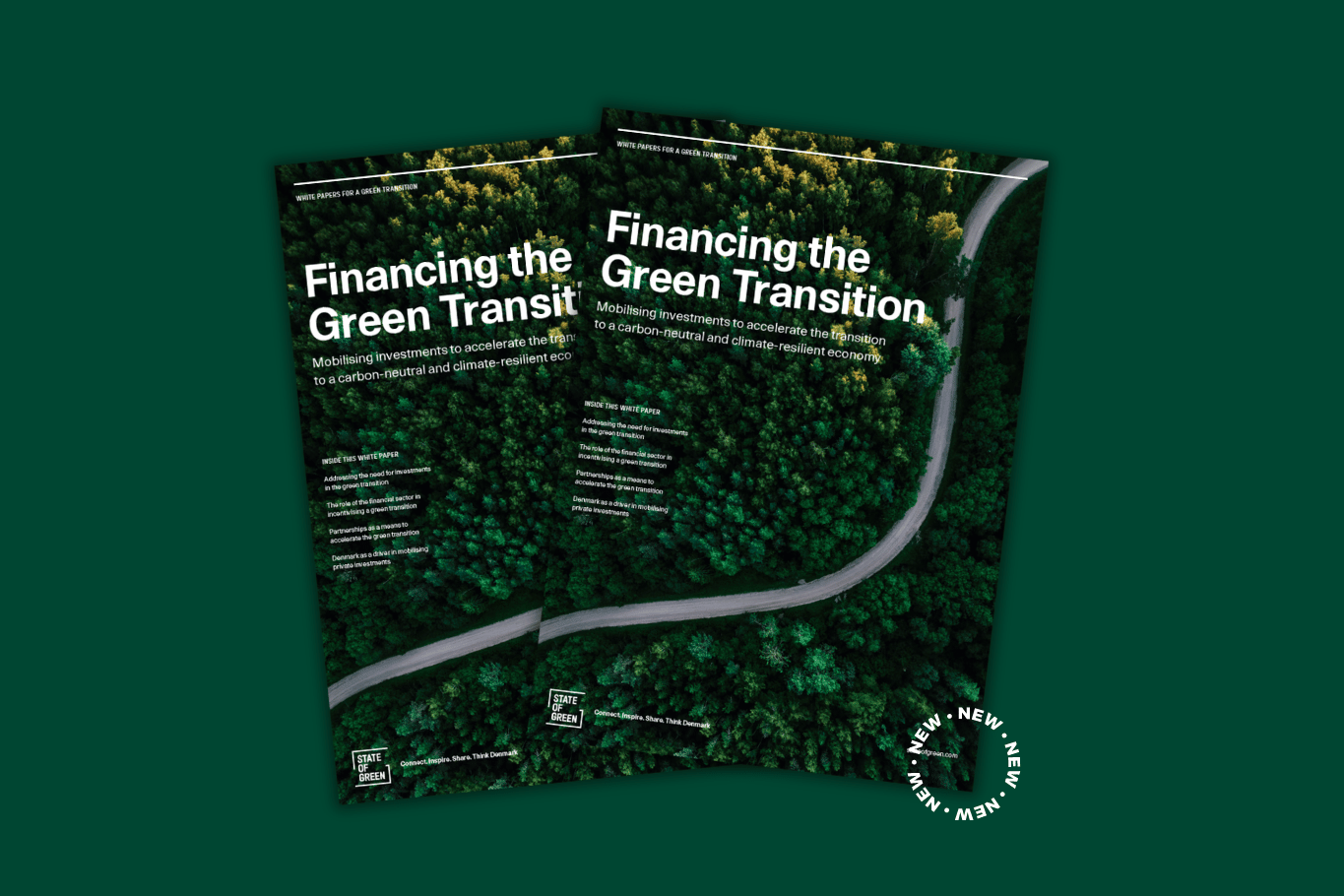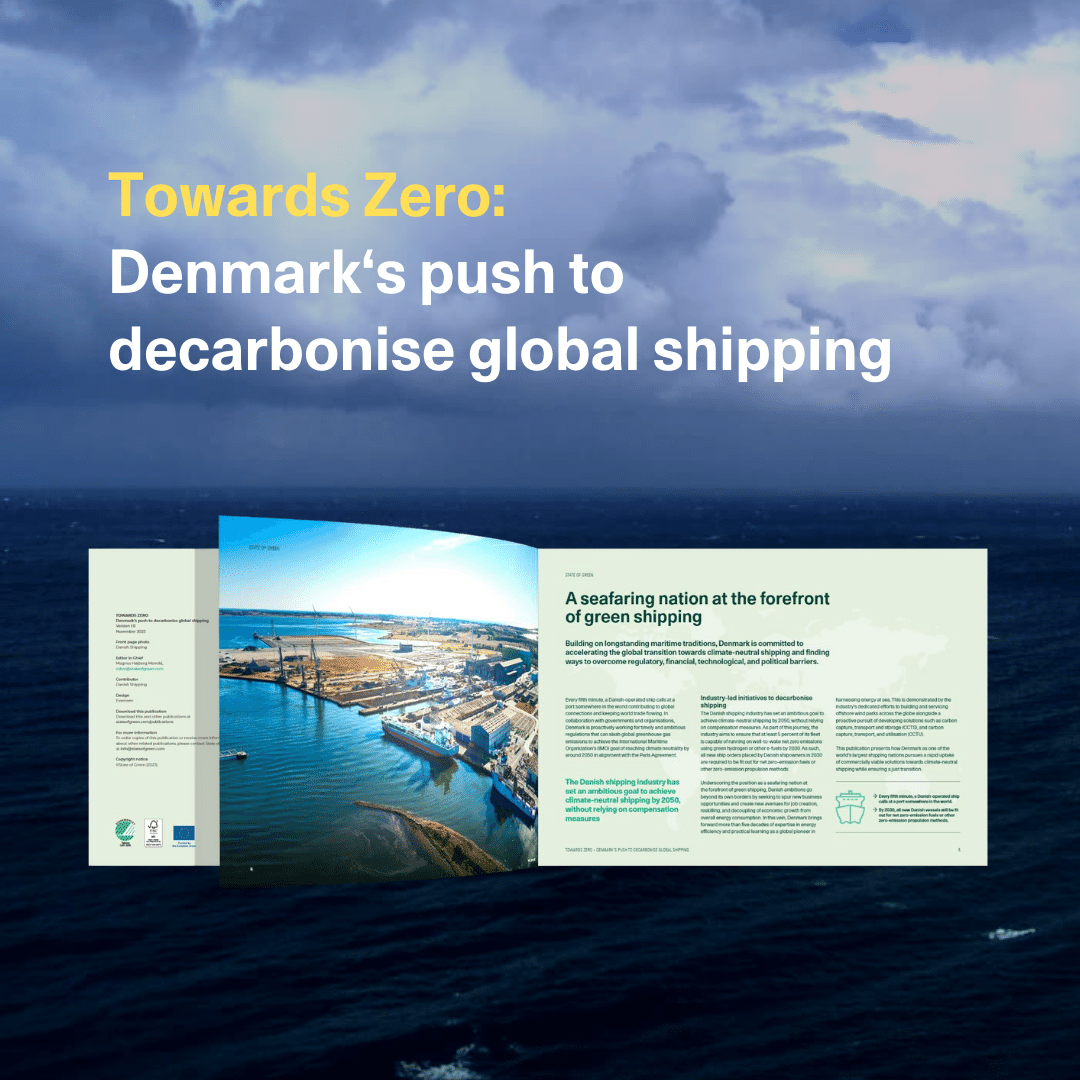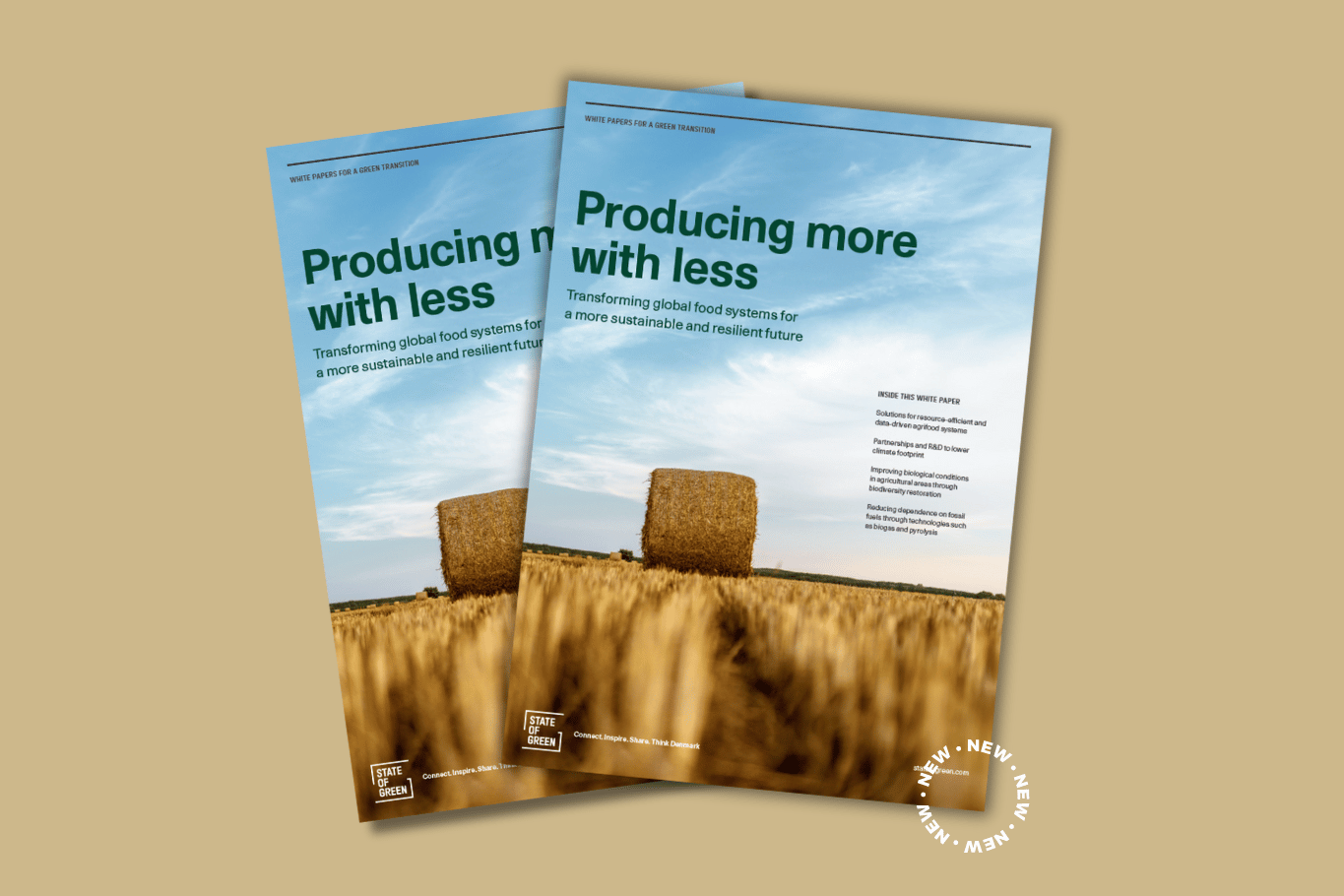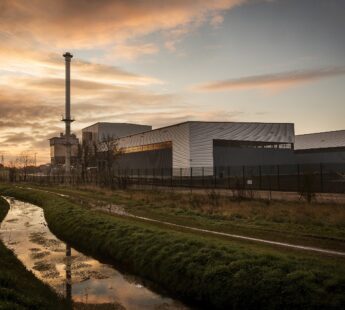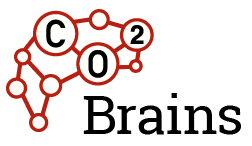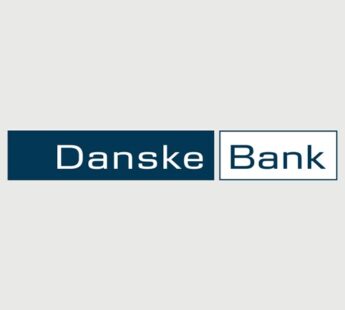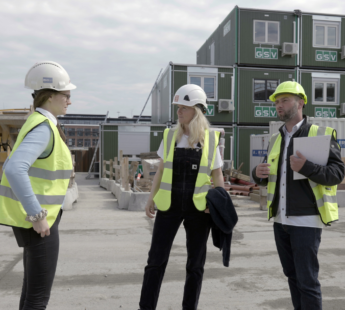On 27 November, the German-Danish hydrogen ties were strengthened as leading actors from both nations signed a joint statement on industry cooperation between Danish producers and suppliers of green hydrogen, and the German industrial offtake market.
The declaration was announced at the German-Danish Green Hydrogen Summit in Copenhagen hosted by Danish Industry, Green Power Denmark, and the German-Danish Chamber of Commerce.
With the intent to realise a connected German-Danish hydrogen pipeline by 2028, the declaration underscores the potential of green hydrogen in realising a net-zero emission economy and highlights the urgency of developing hydrogen offtake and infrastructure.
Along Germany’s substantial industrial hydrogen demand and Denmark’s legacy as a solution provider and developer within the energy transition, the tie-up constitutes capabilities across the value chain to provide electrolysis, production facilities, transportation, and use of large-scale green hydrogen by 2030.
With the declaration, leading players from the two countries will increase collaboration to deliver on the urgent need for developing hydrogen offtake and infrastructure to facilitate the development of green hydrogen from offshore wind in the North Sea and land-based wind and solar.
Achieving the EU’s 2030 vision for green hydrogen
The new German-Danish Offtake Declaration taps into Esbjerg and Ostend Declarations, underscoring the European ambitions to turn the surrounding waters into a continental green power hub, supplying green hydrogen to leading industries across the markets.
The European target for renewable hydrogen production in REPowerEU is 10 million tonnes (330 TWh hydrogen) in 2030.
The existing German industrial hydrogen demand is the largest in any European country (55 TWh yearly), and the long-term German hydrogen demand is projected to increase significantly towards 2050.
The German national hydrogen strategy states a demand for imports of 45-90 TWh hydrogen by 2030, and one million tonnes (30 TWh) of nationally produced hydrogen.
Hence, the industrial users in Germany hold a unique opportunity to lead the way towards a large-scale green hydrogen market with associated significant CO2 reductions.
In March 2023, Germany and Denmark signed an agreement to support the development and implementation of hydrogen infrastructure projects and proposed a plan to establish a land-based hydrogen pipeline by 2028.
